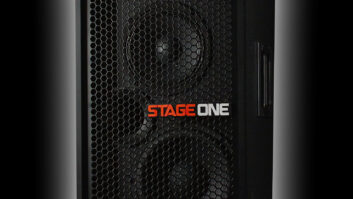New York — The volatile world of flash-memory manufacturing jolted some more this month as SanDisk sold off a chunk of its manufacturing to Toshiba and Micron said it would shutter a whole fab.
Toshiba said last week that it would buy 30 percent of the production capacity at its semiconductor venture with SanDisk to increase its own output.
The companies jointly own two factories in Japan and will split the remaining 70 percent of the output equally, Toshiba said in a statement. SanDisk said it stands to reap a total of $1 billion from the deal.
SanDisk reported a 21 percent decline in third quarter revenues vs. the previous year — a net loss of $155 million. In a conference call, company CEO Eli Harari blamed excessive inventory for the financial woes.
Harari also said that he remained open to talks with Samsung about a possible buy-out, provided they came up with the right price.
Micron said earlier in the month that it would discontinue flash-memory manufacturing at its plant, in Boise, Idaho, and slash its global workforce by 15 percent over the next two years.
Micron manufactures NAND flash memory in Boise through a joint venture with Intel.
“The combination of declining customer demand and product oversupply in the marketplace has driven selling prices for NAND flash memory significantly below manufacturing costs,” the company said in a statement announcing the move.
Micron owns Lexar Media. According to a spokesperson, Lexar will not be impacted by the closure of the Boise fab.
Roughly 85 percent of the demand for NAND flash comes from consumers, said Nam Hyung Kim, Director and Chief Analyst, iSuppli. Consumer spending has been lagging, which has hurt demand for NAND products “badly,” Kim said.













